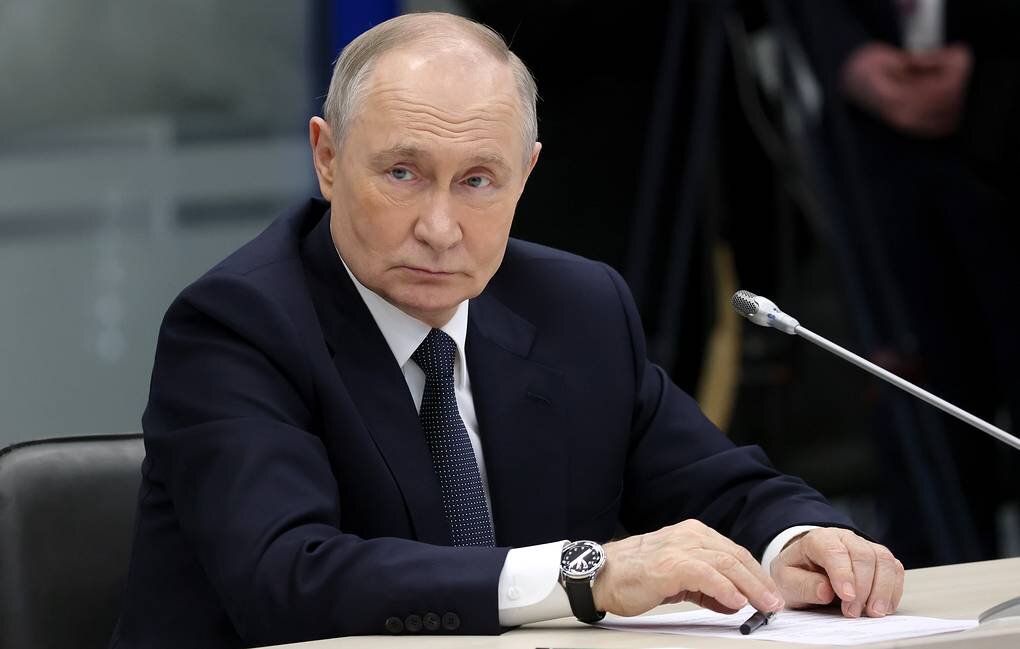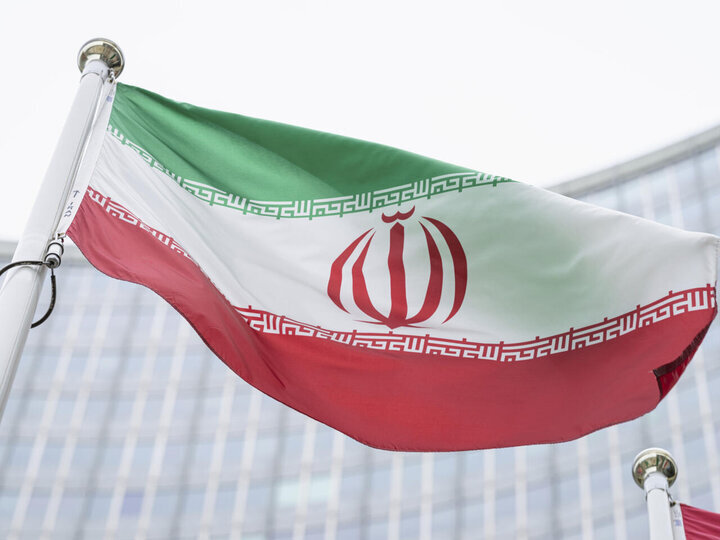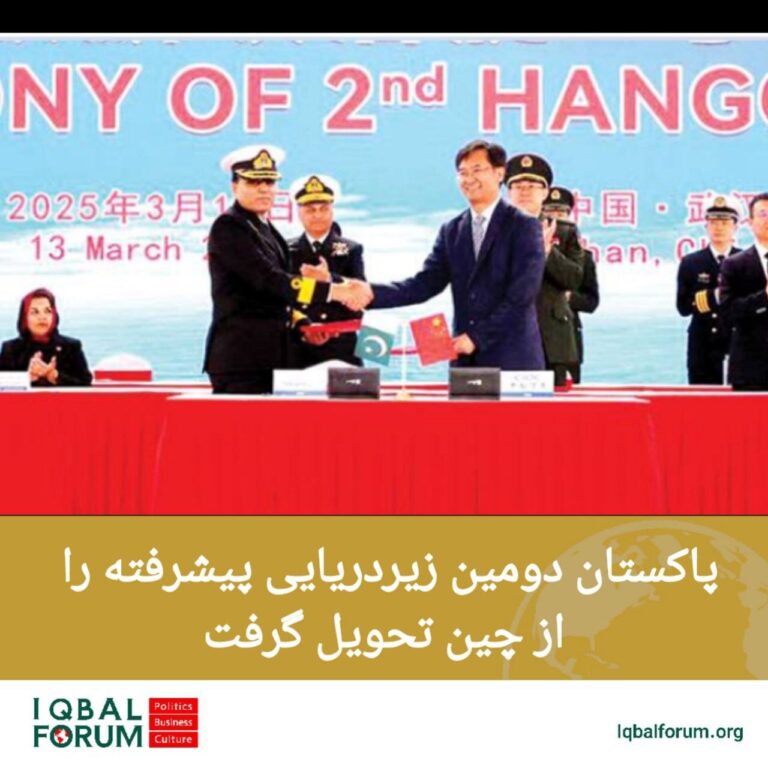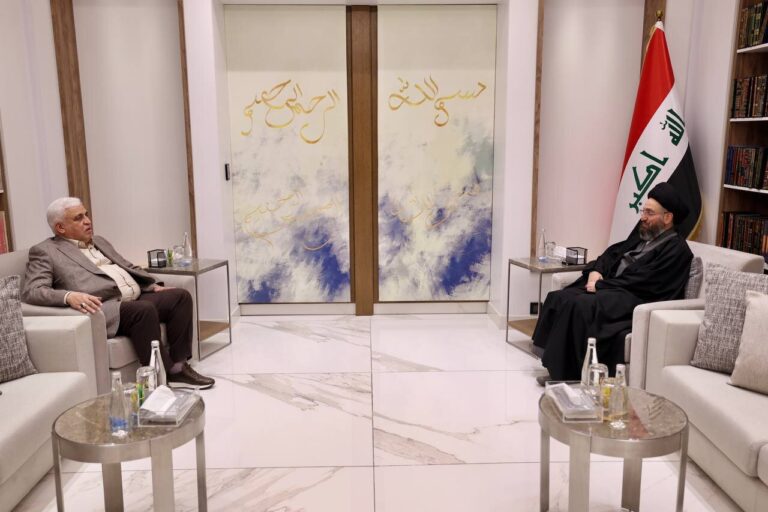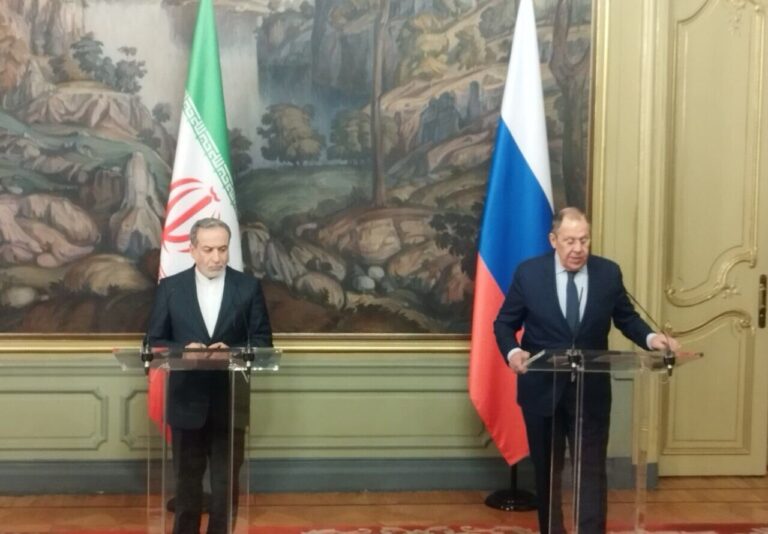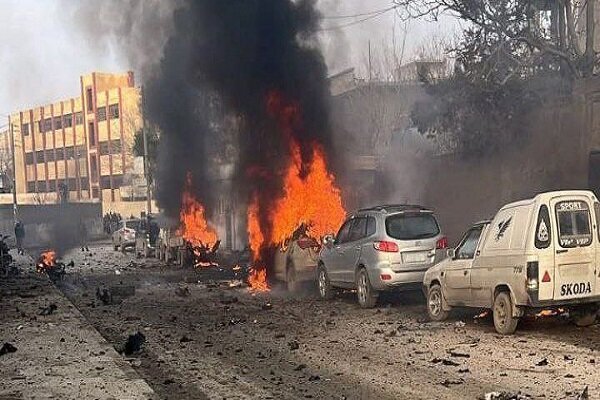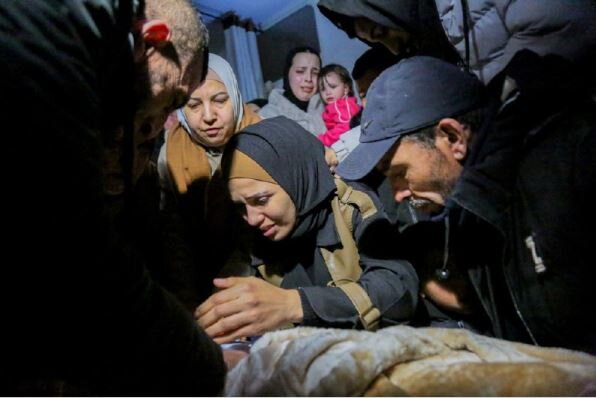Putin Unveils Controversial Temporary Governance Plan for Ukraine: What It Means for the Region
The ongoing discussion surrounding the Ukraine conflict has recently gained traction, particularly following remarks made by Russian President Vladimir Putin during a meeting with servicemen aboard the Arkhangelsk nuclear-powered submarine. In this context, he highlighted the concept of external governance as a potential avenue for facilitating peace talks aimed at resolving the conflict.
During his address, President Putin emphasized that there are historical precedents for introducing external governance, citing instances in regions such as East Timor, New Guinea, and various parts of the former Yugoslavia. He suggested that these examples could pave the way for a legitimate dialogue concerning Ukraine’s future.
Key points from President Putin’s statement include:
- Possibility of External Governance: Putin stressed that the introduction of interim governance in Ukraine could be discussed under the auspices of the United Nations.
- Involvement of International Partners: The discussions would involve the United States and European countries, along with Russia’s allies and friends.
- Focus on Democratic Elections: The aim would be to organize democratic elections to establish a competent government that has the trust of the Ukrainian people.
- Legitimacy and Stability: Putin highlighted the importance of signing peace treaties and documents that would be recognized globally, ensuring their reliability and stability.
In his remarks, Putin stated, “Such practice does exist and, technically, it is possible to discuss the possibility of introducing interim governance in Ukraine under the UN auspices with the United States, with European countries, naturally, with our partners and friends.” This assertion underscores the Russian leader’s belief in a structured approach to resolving the ongoing crisis.
Furthermore, he elaborated on the need for a competent government in Ukraine, one that is trusted by its citizens. He stated, “In order to hold a democratic election there, in order to bring in a competent government trusted by people.” This statement emphasizes the role of local governance and the importance of public trust in any transitional arrangements.
By proposing the involvement of international entities, Putin aims to create a framework for dialogue that could lead to a peaceful resolution. He indicated that following the establishment of a government, it would be possible to engage in negotiations for a peace treaty, thereby facilitating a pathway to stability in the region.
The reference to historical precedents serves to bolster his argument, illustrating that the concept of external governance is not without precedent. The situations in East Timor and New Guinea, as well as the complexities of the former Yugoslavia, provide examples where international oversight played a critical role in navigating crises and establishing new governance structures.
Putin’s remarks come at a time when the geopolitical landscape is increasingly complex, with various nations holding differing views on the appropriate course of action regarding Ukraine. The Russian leader’s call for collaborative efforts with Western nations may signal an attempt to bridge gaps and find common ground, despite existing tensions.
Moreover, the potential for a UN-backed governance model raises questions about the implications for Ukrainian sovereignty. Critics may argue that such an arrangement could undermine Ukraine’s independence, while proponents might view it as a necessary step toward restoring order and peace.
In conclusion, President Putin’s comments during the meeting with the Arkhangelsk submarine crew shed light on Russia’s perspective regarding the Ukraine conflict. His advocacy for external governance and democratic processes highlights a strategic approach aimed at facilitating dialogue and achieving a lasting resolution. As discussions continue, the international community will be watching closely to see how these proposals evolve and what impact they may have on the future of Ukraine.
